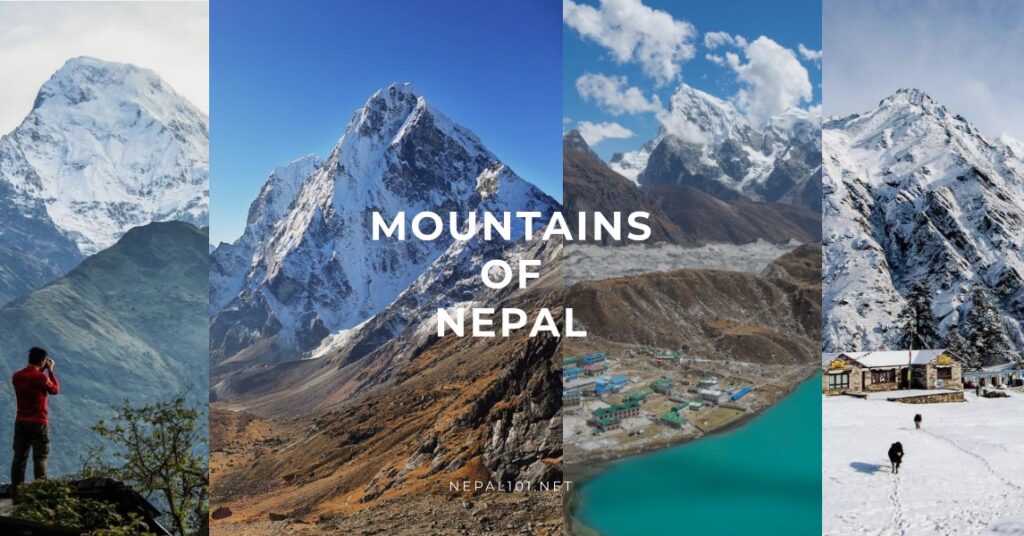By Nirmal P. Acharya
The only rule of travel is: don’t come back the way you went. Yet, after many years of traveling around the world, when I returned to Kathmandu, I fell in love with my country once again. Nepal is such an incredible country. Diverse, rugged and breathtaking – instantly capturing heart and soul.
A country that’s rich in so many things including the world’s highest mountains, fertile valleys, peaceful villages and gentle culture. Thousands of streams of freshwater flow from the Himalayas, thousands of miles of rice fragrance waft from the Tarai, and spiritual sounds fill the air, with no sweltering heat in summer and no severe cold in winter. Just like a beautiful set of pearls in the Himalayas, the people here absolutely deserve a fairytale life.
However, to put it bluntly, the truth is that Nepal is one of the least developed countries in the world. Then, can we build Nepal into a moderately prosperous country through the hard work and struggle of one generation?
“Yes, we can!”
Our northern neighbour, China, is an example around us. In just one generation, China has eradicated absolute poverty, ensured adequate food and clothing for all its people, and built the world’s best infrastructure and most complete industrial system. China’s level of development has caught up with the US, and some development indicators have even surpassed those of the US.
In my observation, having complete sovereignty has been the key factor for China to be able to enter a moderately prosperous society with a population of 1.4 billion. In contrast Japan, once the world’s second-largest economy, is now far behind China as a whole with a GDP of only a third of China’s. A similar case can be made in Europe, where the combined GDP of the 27 European Union countries is only equal to that of China alone. These formerly developed countries in the world have been stagnating or even regressing their development for a long time. A key factor is that they do not have complete sovereignty.
Accepting a foreign military presence would only entail a loss of complete sovereignty. The US has troops in Japan, so Japan has to first look at the US and act. Similarly, the US has troops in Europe (NATO), so European countries have to look at the US and act. As a result, when the development of Japan and EU countries conflicts with the interests of the US, these countries have no choice but to give up their own development to cater to the interests of the US.
National sovereignty and the right to development are deeply integrated. To a certain extent, the MCC has deprived Nepal of its sovereignty and deprived us of the right to development accordingly.
These days, as I stand on the hill of Swayambunath Temple, looking out over the Kathmandu valley, I can’t help but cry. Nepal, let us love you from the bottom of our hearts and strive to care for you and develop you. Nepal, as the pearl of the Himalayas, will shine like a jewel on this blue planet.
Previous « Indigenous women in preserving




